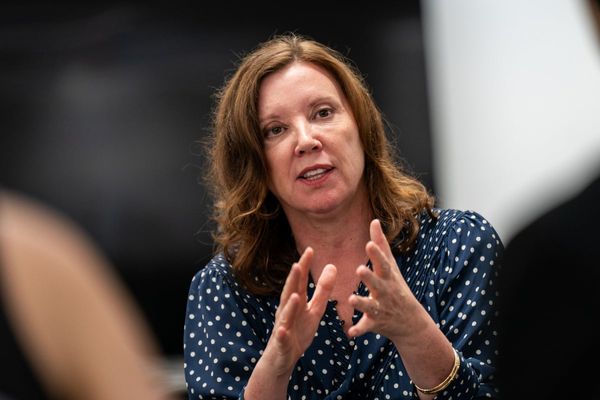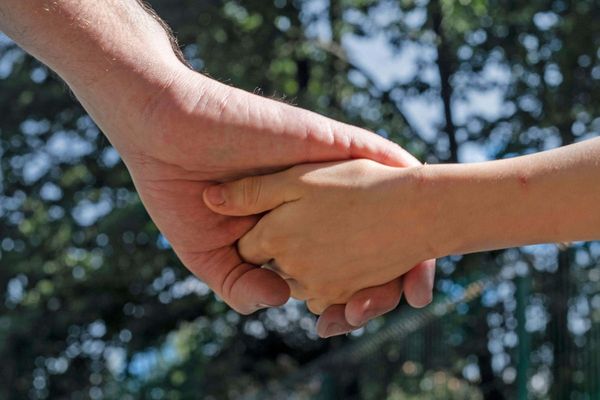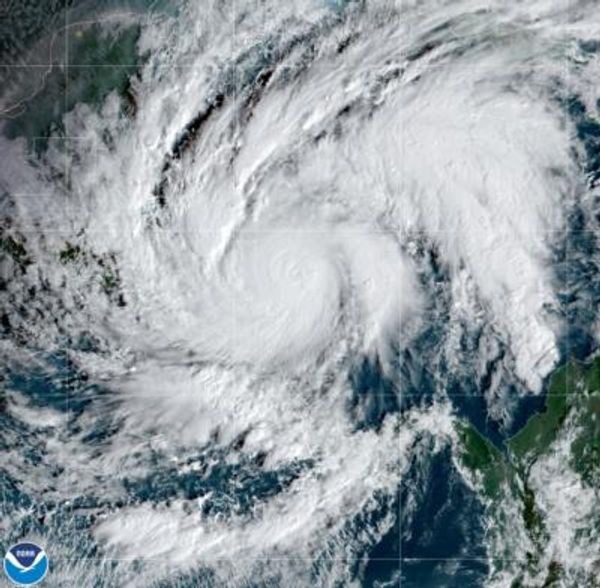
Helsinki (AFP) - Finland's parliament on Wednesday opened a debate on whether to seek NATO membership, after Russia's invasion of Ukraine sparked a surge in political and public support for joining the military alliance.
Despite Russia warning of a nuclear build-up in the Baltic should Finland and neighbouring Sweden join the military alliance, Finland's prime minister said that her country now needed to decide quickly on whether to apply for membership.
"The time for solutions is here," Sanna Marin said, adding: "Unity is the best guarantee of security."
She had last week said Finland's decision would happen "within weeks, not within months".
Sweden is also discussing whether to submit a membership bid following Russia's February 24 invasion.
The 200 MPs in Finland's Eduskunta last week received a government-commissioned "white paper" that assessed the implications of NATO membership alongside other security options, such as increased bilateral defence agreements.
The report did not make recommendations but stressed that without NATO membership, Finland enjoys no security guarantees despite currently being a partner to the alliance.
It said the "deterrent effect" on Finland's defence would be "considerably greater" inside the bloc, while noting that membership also carried obligations for Finland to assist other NATO states.
After two decades of public support for NATO membership remaining steady at 20-30 percent, the war sparked a surge among those in favour to over 60 percent, according to opinion polls.
"I used to be against joining NATO but because of this situation I'm now more in favour," said 24-year-old Sofia Lindblom, walking her dog in central Helsinki on Wednesday.
"Joining would bring a certain kind of security," she told AFP.
On nearby Senate Square, Vuokka Mustonen said the invasion of Ukraine had "utterly changed" her opinion in favour of NATO membership.
"I feel pretty safe, but quite worried," the 69-year-old said.
'Highly likely'
Public statements gathered by Finnish media suggest half of Finland's 200 MPs now support membership, while only around 12 oppose.
"It is clear that Russia's actions have brought us many steps closer to military alignment," Antti Lindtman, a senior MP in the ruling Social Democrat party, said in Wednesday's debate.
Russia "has become ruthless, unpredictable and aggressive."
But Lindtman stopped short of explicitly announcing a turnaround in his party's long-held ambivalence toward joining NATO, saying the time for a final decision will be after parliament and its committees have considered the issue in depth.
Meanwhile, Green MP Atte Harjanne said his party now supported NATO membership, a position echoed by the Centre Party as well as the opposition Finns Party and National Coalition.
Within the first hour of debate, only the Left Alliance, a junior partner in the ruling coalition, voiced an opposing view, warning that NATO membership would put Finland on the front line of a potential Russian attack.
"We must have the courage to discuss everything and bring out all the negative aspects of the different options," Green MP Jussi Saramo said.
On Friday, Finland's European Affairs Minister Tytti Tuppurainen said she believed a Finnish application was "highly likely".
Many analysts predict Finland could submit a bid in time for a NATO summit in June.
Any membership bid must be accepted by all 30 NATO states, a process that could take four months to a year.
Finland has so far received public assurances from Secretary General Jens Stoltenberg that NATO's door remains open, and support from several members.
President Sauli Niinisto said Russia's response could include airspace or territorial violations and hybrid attacks, which Finnish NATO proponents believe the country is well prepared to withstand.
Finland declared independence in 1917 after 108 years of Russian rule.
During World War II, its vastly outnumbered army fought off a Soviet invasion, before a peace deal saw it cede several border areas to Moscow.
The Nordic nation remained neutral during the Cold War in exchange for Soviet guarantees not to invade.
After the fall of the Iron Curtain, Finland firmly aligned itself with the West, by joining the European Union and becoming a close partner of NATO.
Successive Finnish leaders shied away from full membership believing that military non-alignment was the best way to maintain working relations with the Kremlin.







